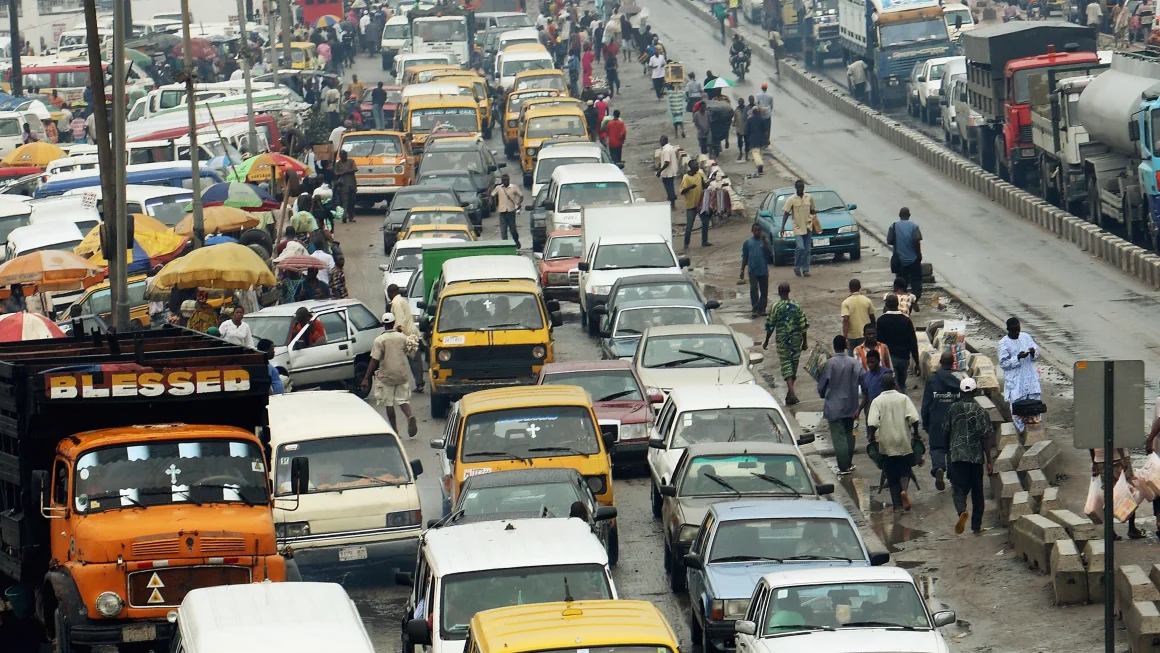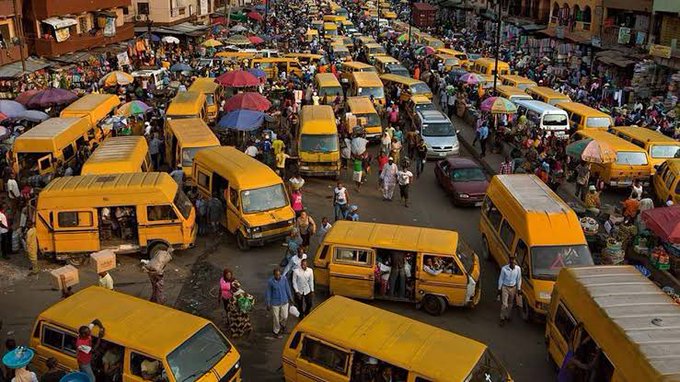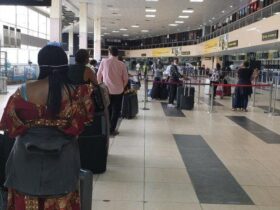
Lagos, Nigeria, continues to hold the undesirable title of having the worst traffic index, according to recent data from Numbeo, a crowd-sourced database of quality-of-life metrics. The city’s traffic congestion remains a significant concern, surpassing other major urban centers worldwide.
In the latest rankings, Lagos topped the list with a staggering traffic index of 342.5, indicating extensive delays and inefficiencies in the city’s transportation network. This dire situation is further highlighted by the experiences of commuters, who spend an average of 67.4 minutes navigating through congested streets daily.
The impact of Lagos’ traffic woes extends beyond mere inconvenience. According to reports, commuters endure considerable financial losses, with individuals spending significant portions of their income on transportation due to prolonged travel times. Additionally, the strain on mental and physical health caused by traffic congestion is a growing concern among residents.
The inadequacy of infrastructure exacerbates the problem, as the city grapples with a high volume of vehicles on roadways ill-equipped to handle the demand. Despite efforts to promote alternative modes of transportation such as water and rail travel, these options remain underutilized, further exacerbating traffic congestion on Lagos’ roads.
The consequences of Lagos’ traffic congestion extend beyond economic and health-related concerns. The city’s dismal liveability score, as reflected in the 2022 Global Liveability Index, underscores the impact of traffic on overall quality of life. Lagos ranked 171 out of 172 countries in terms of liveability, with poor scores in stability, healthcare, and infrastructure.
Furthermore, experts have highlighted the detrimental effects of traffic congestion on both individuals and the environment. They highlight the toll it takes on physical and mental well-being, as well as its contribution to noise and environmental pollution.
Efforts to alleviate traffic congestion in Lagos are imperative to improve the city’s liveability and economic prospects. However, addressing this complex issue requires comprehensive solutions that go beyond short-term fixes.









Leave a Reply